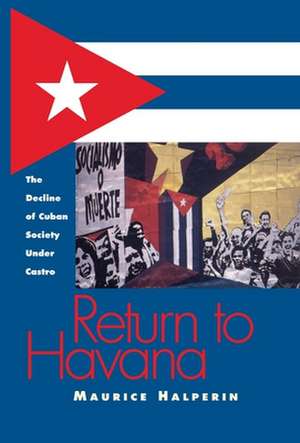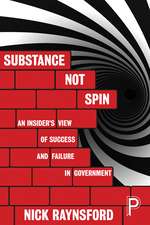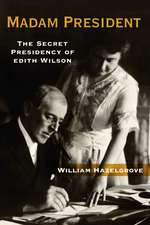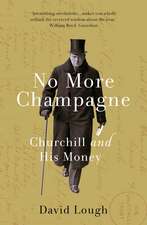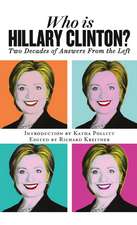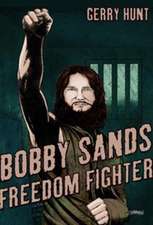Return to Havana: The Decline of Cuban Society Under Castro
Autor Maurice Halperinen Limba Engleză Hardback – 31 ian 1994
Preț: 314.42 lei
Nou
Puncte Express: 472
Preț estimativ în valută:
60.17€ • 62.98$ • 50.08£
60.17€ • 62.98$ • 50.08£
Carte tipărită la comandă
Livrare economică 31 martie-14 aprilie
Preluare comenzi: 021 569.72.76
Specificații
ISBN-13: 9780826512505
ISBN-10: 082651250X
Pagini: 212
Dimensiuni: 147 x 218 x 21 mm
Greutate: 0.46 kg
Ediția:New.
Editura: Vanderbilt University Press
ISBN-10: 082651250X
Pagini: 212
Dimensiuni: 147 x 218 x 21 mm
Greutate: 0.46 kg
Ediția:New.
Editura: Vanderbilt University Press
Textul de pe ultima copertă
Written by a former supporter of Fidel Castro, this personal and insightful memoir contrasts firsthand the dream of the Cuban Revolution as it was in the early 1960s with the deprivations, hardships, and loss of hope that haunt Cuban society today. Blacklisted during the "Red Scare" of the 1950s, Professor Maurice Halperin and his wife, Edith, cut their losses and left the United States on an odyssey that would take them to Mexico, Moscow, and eventually, at Che Guevara's personal invitation, to Havana. Arriving virtually on the eve of the Cuban Missile Crisis, they unexpectedly found a country bursting with the patriotic fervor of the Revolution. Fearless of their neighbor to the north, Cubans were feverishly engaged with plans for the future, their country sizzling with the ever-present rhythm of the "cha-cha-cha". For six critical years, Halperin lived and worked in Cuba, as university lecturer and government official, before leaving to take up a teaching post in Canada. In November of 1989, after an absence of more than twenty years, Halperin returned to Havana to visit old friends and to see for himself the long-term effects of Castro's regime. What he found was a changed society. Cubans were constantly frustrated by rationing and by a system that provides often menial jobs for everyone but also ensures poor production and offers little prospect or incentive for advancement. Devastating losses of economic support from the Eastern bloc after the advent of Perestroika were weakening an already shaky system. Hope for a productive socialist Cuba, so apparent in the sixties, had disappeared. Return to Havana is a careful and often poignant analysis of how and why the Cuban Revolutionhas failed. Told from the viewpoint of a seasoned scholar who has warm feelings for Cuba and its people, this first-person account offers new insight into the Revolution's systemic deficiencies: an economy of smoke and mirrors, an improbable foreign policy, and a domestic political regimen based fatally on the priority of appearances. Halperin's detailed examination of Castro's personality places him, the architect of Cuba's recent past, at the heart of all its current problems. Halperin concludes with a sobering vision of the near future, predicting great turmoil for Cuba and a serious foreign policy challenge for the United States when Castro departs, leaving the rubble of the Revolution behind.
